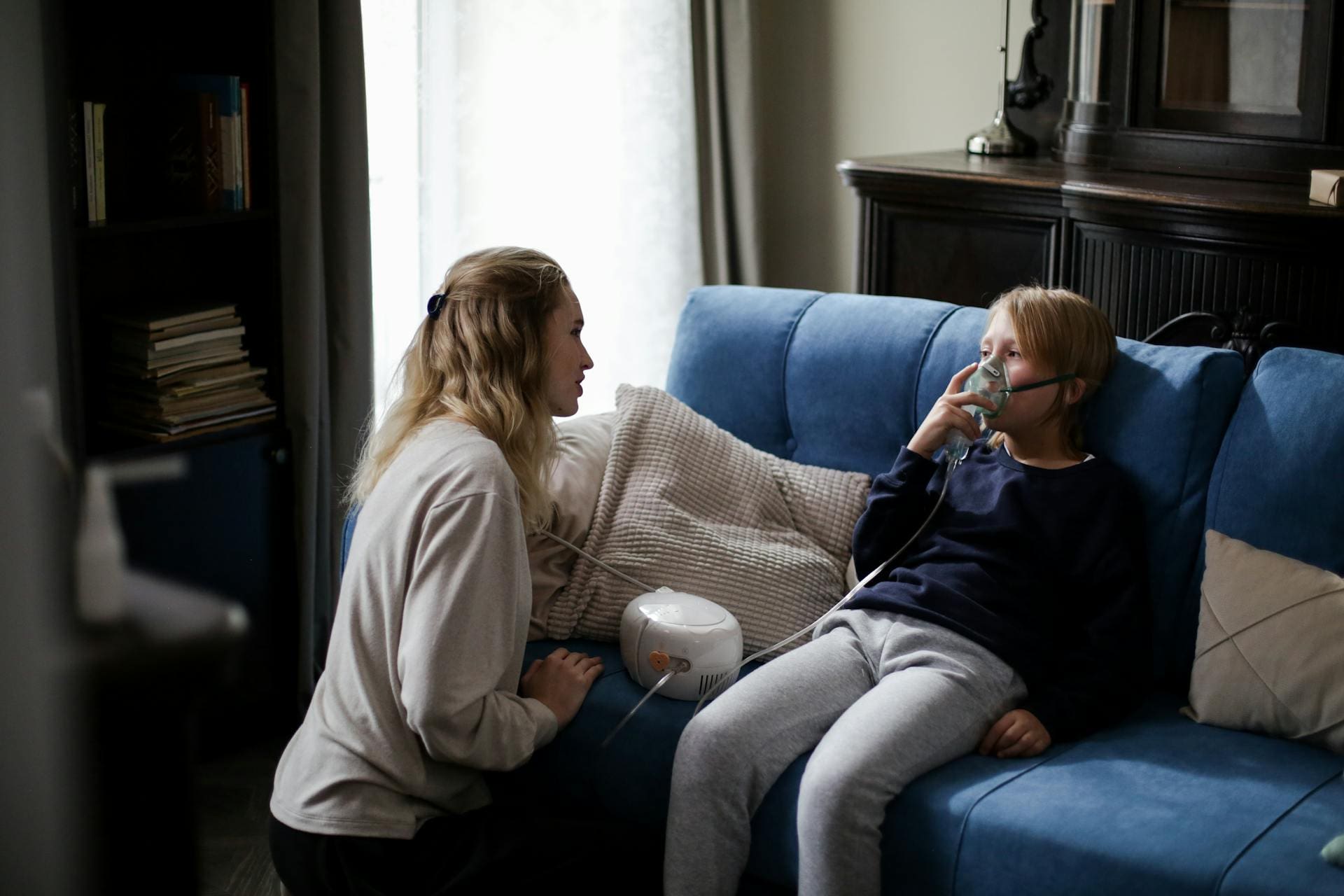I-2117 would mean more pollution across Washington state.
I-2117 would devastate funding for programs that reduce toxic air, expand our state’s air quality monitoring network, modernize school buildings, prevent wildfires, support clean transportation options, and reduce health disparities in communities most impacted by pollution.
Cuts to Clean Air, Air Quality Monitoring, and Asthma Prevention:
Over 10 percent ofWashington’s kids already struggle with asthma, and more than one million people inWashington live in communities highly impacted by air pollution. People in these communities are more at risk for asthma, heart disease, strokes, and early death. I-2117 would make things worse. It would end the requirement for the state to take immediate action to improve air quality across Washington, meaning more air pollution and ending funding sources forprograms to reduce toxic pollution that endangers our kids’ health. It would also stop the expansion of our regional air quality monitoring network that helps alert families when levels of air pollution are dangerous.
Cuts to Funding for Modern, Cleaner School Buildings:
I-2117 would mean cuts for programs that help modernize and improve school buildings to become more energy efficient and cleaner through steps like installing and updating ventilation, heating, and air conditioning systems, air filtration improvements, and other air quality improvements.
Cuts to Wildfire Prevention & Forest Health Programs:
I-2117 would cut nearly $30 million in funding for programs across the state that help make our communities less vulnerable to catastrophic wildfires while making our forests healthier — and help local governments, private landowners, and communities prevent and prepare for fire in high-risk areas.
Cuts to Clean Transportation Options:
I-2117 would reduce funding for walking, biking, and trail projects across the state. I-2117 would also cut public transit, including Tribal transit grants, as well as funds to help seniors and people with disabilities safely reach their destinations. It would also end funding for the program that provides youth under 18 with free transit passes across the state. And it would slash funding to provide schools with 100% clean school buses to give kids a safe ride to and from school.
Reducing Health Disparities in Overburdened Communities:
Slashes $26.3 million in grants toTribal Nations and overburdened communities to implement the Healthy Environment for All Act and update the Department of Health’s environmental health disparities map. It also cuts funding to support modernizing Tribal schools.


